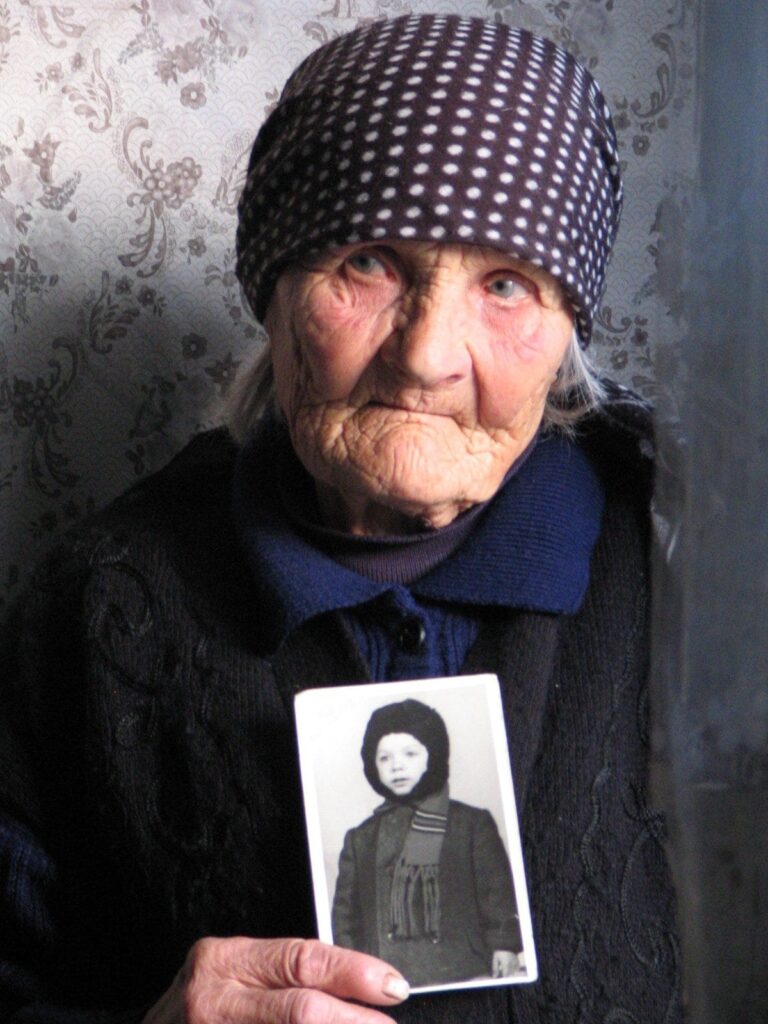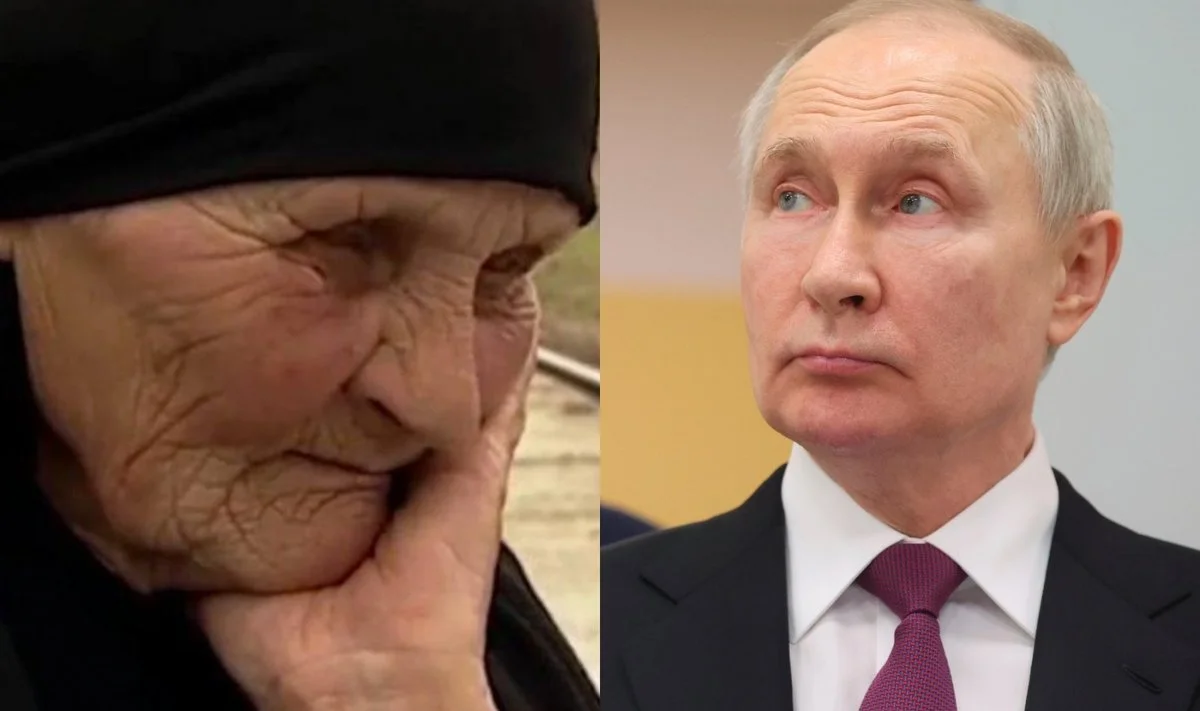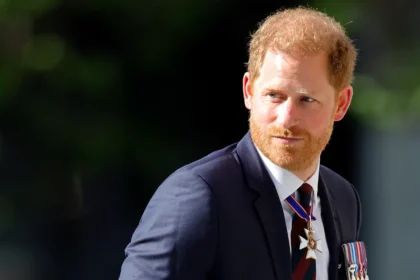In the quaint village of Metekhi, nestled within the rugged landscapes of Georgia, an extraordinary story unfolded, intertwining the lives of a determined elderly woman and the world’s most powerful leader. Vera Putina, a resident of Metekhi, passed away at the age of 97, leaving behind a legacy that stirred both local intrigue and global fascination.
Vera’s story emerged from an unexpected discovery within the confines of her humble home. While sifting through her belongings, she stumbled upon a trove of photographs, among which lay an image that would alter the course of her life. The photograph depicted a young boy with fair hair, pale eyes, and a gaze that seemed to hold secrets. This visual narrative chronicled the boy’s journey from infancy to scholarly pursuits, creating an unbreakable connection between Vera and the enigmatic child – a connection she adamantly believed was her purported son, Vladimir Putin.

However, Vera’s assertion was not without challenges. The KGB, known for its enigmatic presence, intervened and confiscated the original photographs soon after Vera’s bold proclamation. Despite this setback, the village of Metekhi buzzed with whispers of Vera’s audacious claim, labeling her as the “Mother of the King of Russia.”
Vera’s conviction traced back to a bygone romance with Platon Privalov, a liaison that bore fruit in the form of a child named Vladimir, affectionately called “Vova.” Yet, Vera’s narrative diverged from the official account chronicled in Vladimir Putin’s autobiography, which attributed his parentage to Vladimir Putin Senior and Maria Putina. In contrast, Vera insisted that these individuals were “foster parents.”

Although Vera’s theory found limited traction within Russia, it ignited curiosity beyond its borders. Journalists delved into the nuances of Putin’s early life, speculating about the possibility of a concealed Georgian connection. The intrigue deepened when it was discovered that Vladimir Putin had attended Metekhi school for a brief period in 2008. Nonetheless, endeavors to scrutinize Vera’s claim faced baffling hurdles, including perplexing instances of DNA testing.
Unfazed by skepticism and undeterred by time’s passage, Vera steadfastly clung to her narrative. In 2003, filmmaker Ineke Smits unveiled “Putin’s Mama,” a documentary that offered a poignant glimpse into Vera’s life within Metekhi. The film showcased her daily struggles, her unwavering conviction, and her profound belief in her connection to the man she believed to be her son.
Amidst the unfulfilled dreams of a reunion with Vladimir, Vera’s devotion remained unwavering. She continued to light candles in the church, hoping for a day when her long-held dreams of reconnection would come to fruition. Among the images the KGB overlooked was one capturing the essence of a three-year-old child, a sparkle in his eyes that would later define the resolute leader of Russia.
Vera Putina’s life became a tapestry woven with conviction, memories, and an extraordinary bond to a figure of global prominence. Whether her claims were anchored in truth or delusion, her story indelibly imprinted itself upon the landscape of Metekhi and the curiosity of all who encountered it.




